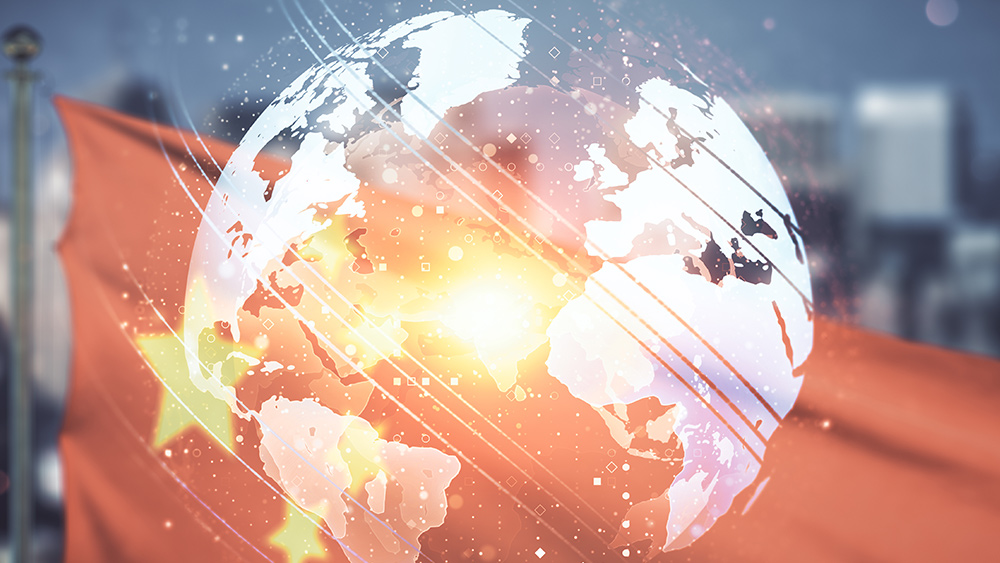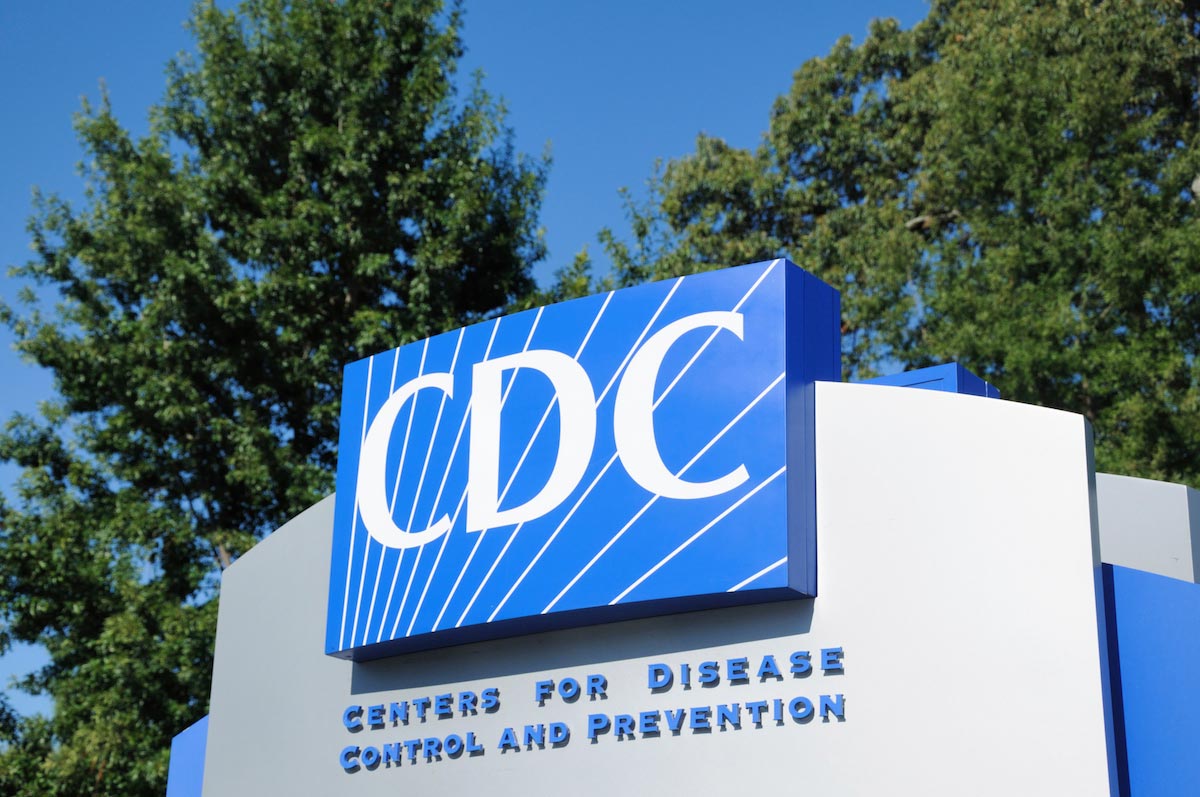
- Sen. Ron Johnson reveals HHS’s inability to recover emails of CDC’s vaccine safety chief, Dr. Tom Shimabukuro, raising suspicions of record destruction.
- Dr. David Morens, NIH advisor to Fauci, admitted using private email to evade FOIA requests, suggesting systemic evasion of transparency.
- Allegations highlight potential Federal Records Act violations and congressional contempt risks amid probes into vaccine safety data.
- Critics question suppressed evidence on vaccine risks in pregnant women, pointing to Shimabukuro’s history of promoting unsafe health policies.
The vanishing emails: A pattern of evasion
Sen. Ron Johnson’s latest revelations have reignited concerns about systemic deception in federal health agencies. On April 9, Johnson publicly stated that the Department of Health and Human Services (HHS) could not locate official communications of Dr. Tom Shimabukuro, who leads the CDC’s vaccine safety division.
“Dr. Shimabukuro’s records remain lost and, potentially, removed from HHS’s email system altogether,” Johnson declared, alleging possible violations of the Federal Records Act.
Shimabukuro, a central figure in promoting flu vaccines to pregnant women and overseeing mRNA vaccine safety analyses, has been criticized previously for allegedly misrepresenting vaccine risks. Despite red flags—including a 2022 study he co-authored acknowledging elevated miscarriage risks in pregnant women vaccinated early in their pregnancies—Shimabukuro has consistently defended mass vaccination campaigns. His “lost” records, Johnson argues, now threaten to erase critical evidence of how the public could have been misled. In early 2023, Shimabukuro was captured on video, reporting that the CDC was aware of reports that COVID vaccines cause "debilitating illnesses" and "long term health problems."
Gmail gambits and Dr. Morens’ shadowy tactics
The controversy expands beyond Shimabukuro to include NIH senior advisor Dr. David Morens, known for his close ties to Anthony Fauci. Emails obtained through FOIA requests revealed Morens advised colleagues in 2021 to bypass official channels: “Why not just shoot me at my Gmail?” he suggested, Avoiding record-keeping obligations. Morens later admitted to “retaining very few emails or documents” on pandemic-related matters—a claim Johnson decried as evidence of “complete disregard for transparency.”
This strategy mirrors tactics used by officials during Obama-era scandals like Fast and Furious, where documents were deliberately lost to evade scrutiny. The House Pandemic Select Subcommittee confirmed Morens sought legal advice from NIH’s FOIA office on how to “airbrush” communications. As Johnson noted, “If Dr. Morens is not the sole evader, what does that say about the entire system?”
Conspiracy of silence or systemic failure?
The missing records cast doubt on decades of federal health policy assurances. The 1976 swine flu debacle, where rushed vaccines caused catastrophic Guillain-Barré syndrome cases, echoes eerily today. Yet, unlike past mistakes, critics argue today’s secrecy shields officials from accountability for similar failures.
Shimabukuro’s vanishing emails could hide connections to Operation Warp Speed’s rushed vaccine approvals, potentially masking data cherry-picking or cover-ups of vaccine injuries. A January subpoena from Johnson already revealed discrepancies in CDC virology databases, with one HSS official admitting, “We never found files for many key protocols.”
Johnson’s zero-tolerance stance on obstruction carries weight: contempt of Congress charges could net violators a year in prison and $100k fines. But with HHS’s Office of Inspector General (OIG) stonewalling external audits—and the FBI and DOJ circumventing public transparency—Johnson warned, “We might never learn the truth… unless whistleblowers finally spill it.”
Conclusion: How Much Longer Can We Trust the System?
The missing emails aren’t just bureaucratic oddities—they’re KL paper trails for a potential pandemic cover-up. As Dr. Morens quipped in 2021, “I think we are all safe”—but from what? A safety protocol loophole? A convenient memory? Or a calculated gamble with human lives?
If the CDC’s chief safety officer can’t be accountable for his own records, what other corners have been cut—and whose secrets remain locked in private Gmail accounts?
Sources include:
Please contact us for more information.


















